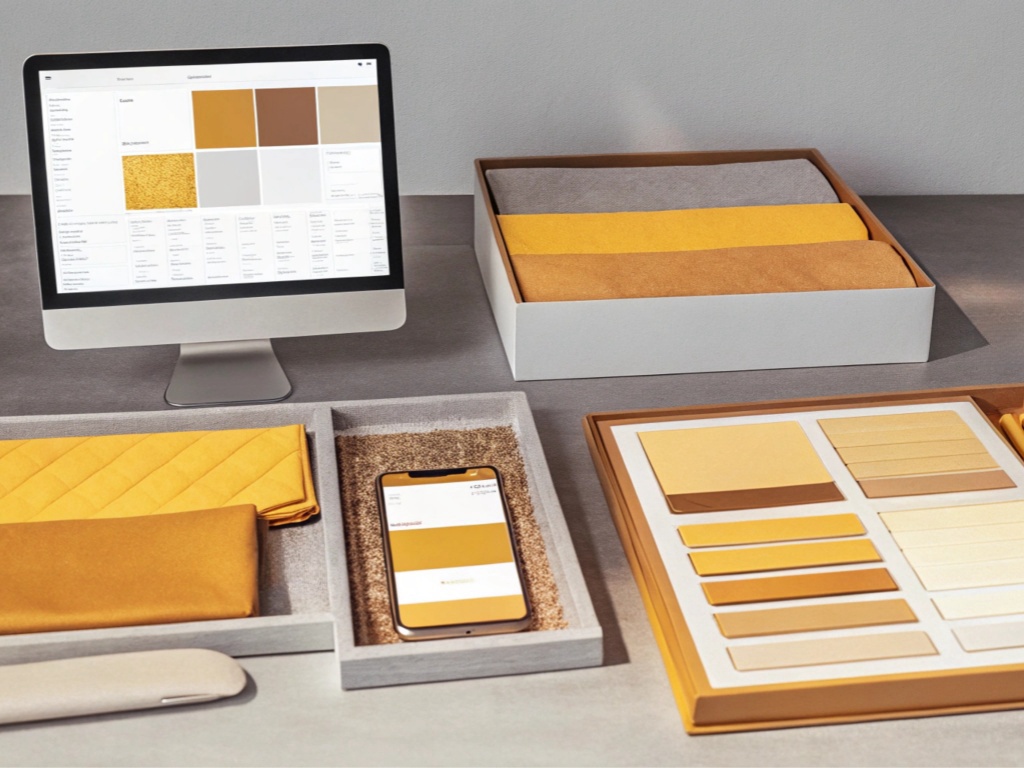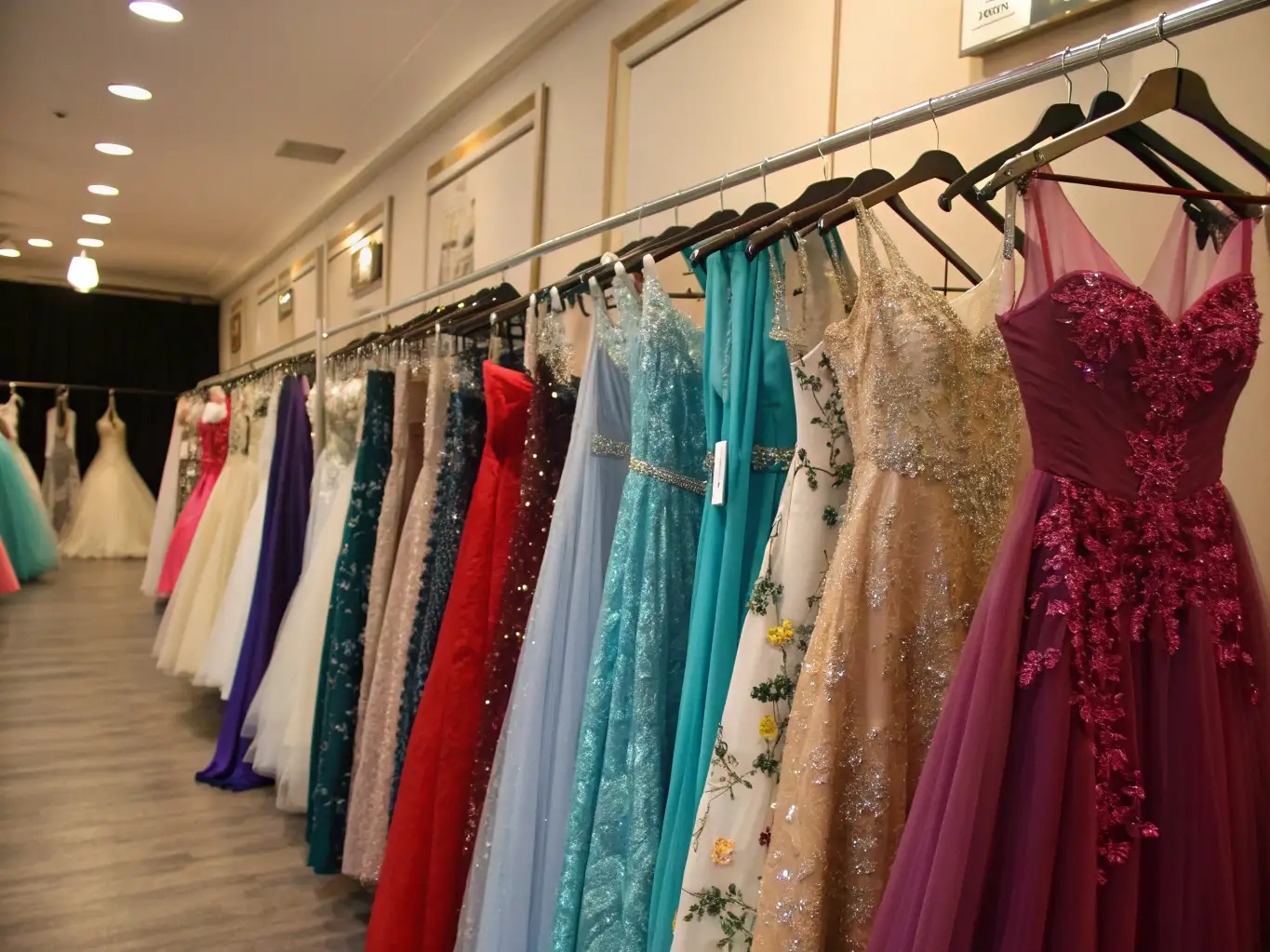White label fashion brands are an excellent way to enter the fashion industry without developing products from scratch. By partnering with manufacturers who offer ready-made designs, you can customize products with your branding and sell them as your own.
To create a white label fashion brand1, partner with a manufacturer offering customizable apparel, design your branding elements, and set up an e-commerce store or retail presence. This model minimizes production costs while focusing on marketing and brand identity.
Let’s break down the white label concept and explore how you can successfully launch a white label fashion brand.
Is white label the same as dropshipping?
White label and dropshipping are often confused, but they operate differently.
No, white label and dropshipping2 are not the same. White labeling involves branding existing products as your own, while dropshipping is a fulfillment method where products are shipped directly from suppliers to customers without your involvement in inventory.
 Color and material coordination
Color and material coordination
Key Differences Between White Label and Dropshipping
-
Product Branding:
- White Label: Products carry your brand name and identity.
- Dropshipping: Products are usually generic or carry the supplier’s branding.
-
Inventory:
- White Label: You may need to hold inventory, although some white label manufacturers handle fulfillment.
- Dropshipping: No inventory is required; orders are fulfilled directly by the supplier.
-
Customization:
- White Label: Allows for personalized packaging and logos.
- Dropshipping: Limited customization options.
| Feature | White Label | Dropshipping |
|---|---|---|
| Branding | Customizable | Limited or generic |
| Inventory Management | Optional | Not required |
| Product Ownership | More control | Supplier-dependent |
White labeling is ideal for building a strong brand identity, while dropshipping focuses on convenience and low startup costs.
Is a white label worth it?
White label businesses offer advantages, but are they worth the investment?
Yes, white labeling3 is worth it for businesses seeking control over branding and higher profit margins. However, it requires more investment and responsibility compared to dropshipping.
Pros and Cons of White Label Businesses
-
Advantages:
- Brand Control: Full control over logos, packaging, and product presentation.
- Profit Margins: Higher margins compared to reselling generic products.
- Customer Loyalty: Stronger customer connections through branded experiences.
-
Challenges:
- Initial Costs: Requires investment in branding, packaging, and potential inventory.
- Manufacturer Dependency: Relying on third-party manufacturers for product quality and timelines.
| Aspect | Benefit | Drawback |
|---|---|---|
| Branding Control | Builds loyalty | Requires investment |
| Profit Margins | Higher potential earnings | Initial costs |
| Manufacturer Dependency | Saves production effort | Risk of delays or issues |
If you’re willing to invest in branding and logistics, white labeling can be a profitable and scalable business model.
How to start a white label business?
Starting a white label business involves several key steps, especially in the fashion industry.
To start a white label business, identify your niche, partner with manufacturers offering customizable products, and create a strong brand identity. Focus on marketing and distribution to grow your customer base.
 Design table with color charts
Design table with color charts
Steps to Launch a White Label Fashion Brand
-
Choose Your Niche:
- Decide on the type of apparel to focus on, such as activewear, streetwear, or sustainable clothing.
-
Find a Manufacturer:
- Use platforms like Alibaba, IndiaMART, or Portugal Textiles to connect with white label suppliers.
-
Develop Your Brand:
- Design a logo, choose brand colors, and create packaging that reflects your unique identity.
-
Set Up an Online Store:
- Platforms like Shopify and WooCommerce are ideal for selling white label products online.
-
Market Your Brand:
- Use social media, influencer partnerships, and email marketing to reach your target audience.
| Step | Key Action |
|---|---|
| Choose Niche | Select a target market |
| Find Manufacturer4 | Partner with reliable suppliers |
| Develop Branding | Customize logo and packaging |
| Market Your Brand | Use digital marketing tools |
By following these steps, you can establish a strong foundation for your white label fashion brand.
What is a white label in fashion?
White labeling in fashion is a powerful model, but how does it work?
A white label in fashion refers to products made by a manufacturer that are rebranded and sold by another company. This allows businesses to focus on branding and marketing rather than production.
How White Label Works in Fashion
-
Pre-Designed Products:
- Manufacturers provide ready-made designs that can be customized with your branding.
-
Branding Customization:
- Add your logo, tags, and packaging to create a branded experience.
-
Marketing and Sales:
- The business owner handles marketing, distribution, and customer service, while the manufacturer focuses on production.
Example:
A startup can partner with a white label manufacturer specializing in activewear, customize the designs with their logo, and sell them under their own brand online.
| Feature | Description |
|---|---|
| Pre-Designed Products | Manufacturer creates designs |
| Branding Customization | Business adds logo |
| Marketing Responsibility | Business handles sales |
White labeling empowers brands to focus on growth and branding without worrying about manufacturing complexities.
Conclusion
Creating a white label fashion brand is an excellent way to enter the fashion industry with minimal production challenges. By choosing a reliable manufacturer, customizing your branding, and leveraging digital platforms for marketing, you can build a scalable and profitable business. Whether you’re new to fashion or looking to expand, white labeling offers a flexible and impactful path to success.
-
Learn the fundamentals of launching a white label fashion business. ↩
-
Compare these two popular business models to find the best fit for your brand. ↩
-
Explore the pros and cons of white labeling, from branding control to operational challenges. ↩
-
Discover suppliers who specialize in customizable white label products for the fashion industry. ↩





